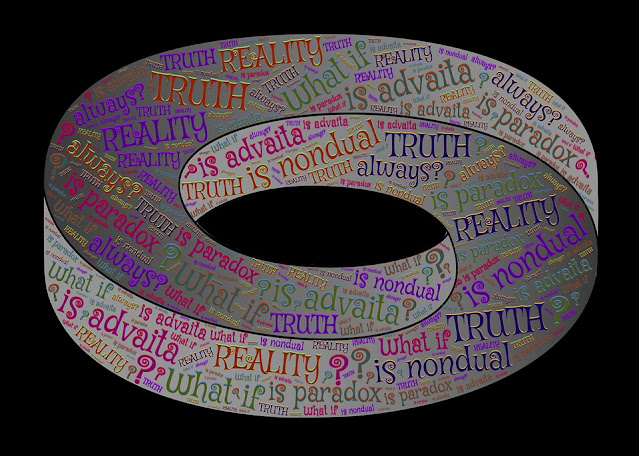Life is change, and all things come...and go...in their own time. I've been writing this blog, on and a bit off, for 11 years now, and it's time for me to move on. Like most things that have been a big part of our lives, it can be hard to move forward and let go of something, even if it's no longer serving you in the way that it was previously. But acknowledging where you are in life and what your needs and desires are, as well as the limits of your capabilities, is an important part of life!
When I first started blogging, I didn't even share my posts with anyone...literally no one knew I was doing it. I was just typing my thoughts out into the void, and it was a way for me to mentally process things or organize my thoughts on a subject. In the early days, it was also a way for me to feel connected with other Pagans and witchy folks (weird I know, especially since I didn't tell anyone about it, but it still made me feel like my voice was getting out there).
Along the way, I've done several blogging projects, which have helped me connect even further with other bloggers and pushed me to expand my own blog...in ways that I often resisted (like adding photos to my posts...or actively sharing them in a way that hopefully promoted conversation about the topic with other people).
And it's been something that helped me feel meaningful, both as a writer and as a Pagan. I was able to put my thoughts and opinions out there, in my own space, and talk about the stuff I wanted to talk about. I always love when people mention bits that really stuck with them or ideas that they hadn't considered (but were really excited about).
But, after 530 blog posts (yes, I did the math lol), I've been feeling like I'm starting to repeat myself. I try very hard to only revisit topics if I have something new to say, but it's definitely been a struggle in the past few years, to think about what I want to write about. I've always tried to keep my blog kinda politics free (which definitely shifted around 2020, and I ended up talking about more topics that were both controversial and related to current events).
Mostly though, it was becoming to feel more tedious than exciting. I'd plan out my topics and pre-write blogs (because that helped my brain feel less burdened by the bits that were less exciting to me), but blog writing became something that I did because "I was supposed to"...and not so much because I was passionate about it.
On top of that, with my new job, my time and energy has been severely limited. Over the past few months (since I started working), I've managed to keep my blog going, but it's definitely been a task I don't look forward to...and I don't want that to be the energy of my blog!
I feel like this is the point where I often try to be stubborn, to push myself beyond what I should be doing, and convince myself that because "I can handle it" that I should be doing it. But just because we are capable of doing a thing doesn't mean it's healthy for us!
So even though it feels bittersweet, I know that it's time for me to retire from blogging. ((at least for the moment...because who knows what the future will bring, I am not saying I will never blog again, but for right now, this is something I need to set aside)) With my time being more limited, I have to decide which things are a priority for me, and I want to focus on my personal path right now.
One of the ways I find very helpful to transition change is to make a formal acknowledgement of it...and that's a bit of what this post is. It's my way of recognizing the end of this part of my life...and the start of something new. My blog will still stay here (as long as Blogger is around hehe), and I hope anyone who is wanting a bit of witchy rambling will still poke through old posts and read things that seem interesting to them!
I appreciate each and every one of you who have ever read my blog...even if you are a lurker that I don't know about (I've done plenty of lurking in my day!) The thought that someone might find value in what I've written was a big motivator for me, and I have loved reading comments, and interacting with readers over the years. I am so grateful for all the people I've met along the way, and all the things I've learned: about myself, about my path, and about the differences and similarities we all share. I wish the very best for everyone, and hope the New Year brings a fresh start if you are looking for one (and that you have a smooth transition with anything you are setting behind).
May your days be filled with joy, laughter and learning, and your nights with sweet dreams and restful recovery!















